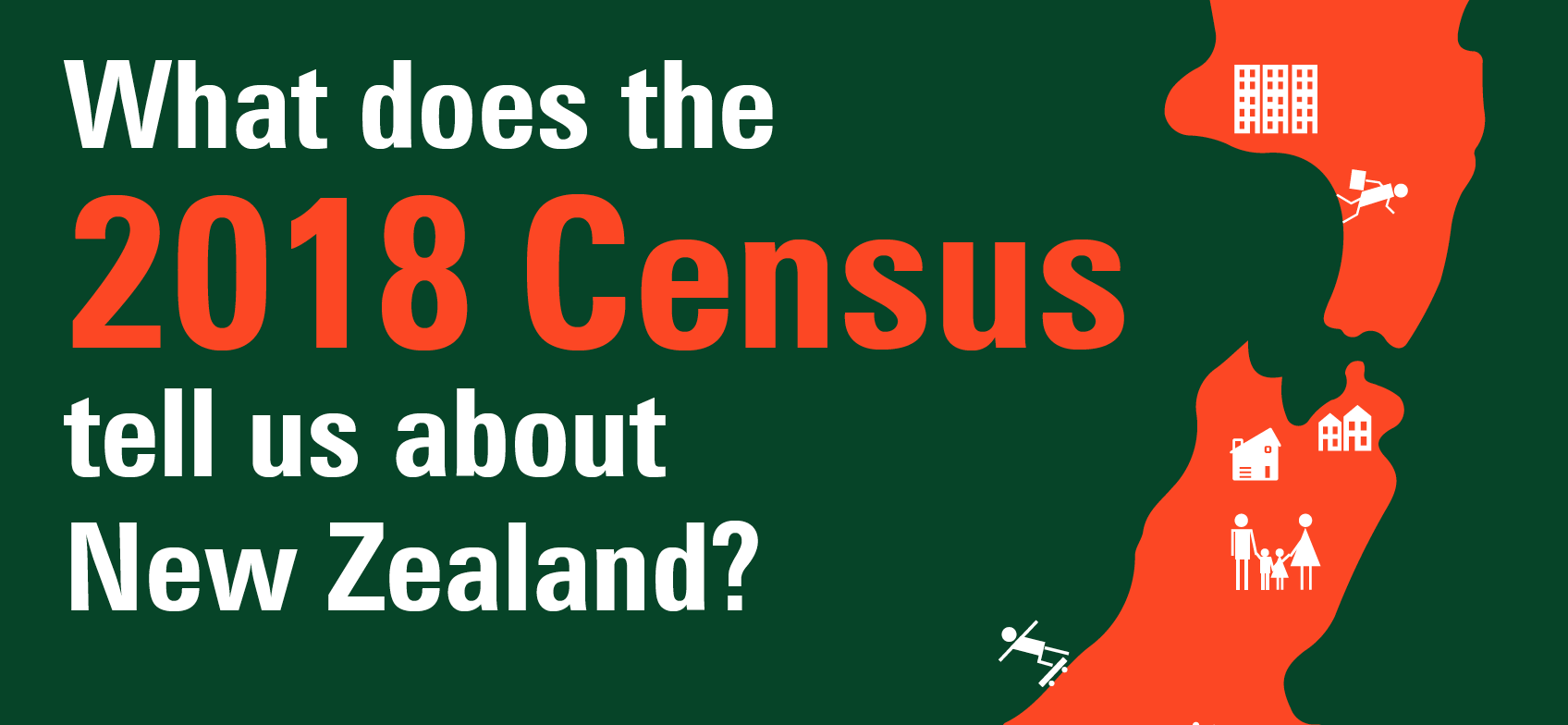A recent paper published by Local Government New Zealand (LGNZ) summarised the key challenges facing planners in the next 30 to 50 years, but how can we adequately prepare for these challenges at a local level?
Following the Society of Local Government Managers’ Community Planning Forum for 2016 in Auckland, the countdown is on for the 2018 Long Term Plan. For long-standing managers it must have felt like ground hog day … the clock is ticking. Most interesting was the escalating mantra of the need for a good evidence base on which to make decisions. We heartily concur. Evidence feeds into planning and is a big part of the review stage. Planners must be able to review the reasoning for decisions in parallel with the outcomes of those decisions.
Overall it seemed that the enormity of the challenges in front of planners were only just starting to hit home. LGNZ 2016 had a crack at summarising the challenges in a recent discussion paper, The 2050 Challenge: Future proofing our communities. The high level challenges facing planners in the next 30 to 50 years is guaranteed to make the most optimistic punter tremble at the knees:
- Demographic trends dominated by increasing urbanisation and an ageing population
- Guardians of our natural environment
- Climate change
- How work will look in the future
- Social cohesion and equality
In this testing cauldron of change, LGNZ point out that these challenges raise broad tests for the decisions Councils make on behalf of and with their communities. Yet the recent belt-tightening cry for austerity will not adequately allow the answering of these challenges, which differ hugely across the regions.
While there is uncertainty around the impact and implications of each challenge, what is certain is that there is no single answer. These challenges will play out at a local level and impact places inequally. These strongly local problems will require local responses, but does legislation support Local Government to effectively respond to the challenges? Recent amendments to the Local Government Act signal a move toward regulatory, service and infrastructure delivery roles, away from the earlier intent of giving councils greater flexibility to respond to community needs. This is ironic given that in 2002 Councils were trying to come to grips with issues like water availability, ethnic diversity, and community expectations for participative decision making. In the meantime, technology, political and social change have continued on a juggernaut of change.
At the very least, these challenges must promote a rethink of the consultative approaches to ‘community well-being’, which was removed from the Local Government Act 2002 in a 2012 amendment. For some the 2012 amendment provoked questions as to the state of democratic participation in New Zealand. For me, a whole of government approach just makes sense. A major omission in current legislation is the requirement to sit down with neighbouring councils, local branches of government agencies and community organisations to join thinking in the planning process. That is not to say that Councils can choose to take this approach.
So on top of all the work you have in the lead up to the 2018 Long Term Plan, here’s another challenge. Now is as good a time as any, and actually it may be imperative that Councils re-examine how they make decisions of all types.
LGNZ propose a focus on the following:
- Taking a ‘whole of systems’ approach to policy and planning
- Responding to unequal impacts
- Responding to uncertain and dynamic shifts
- Creating buy-in and increasing civic participation
- The need to define our communities in constructive ways
The LGNZ discussion paper is available here.
Much of this discussion is as valid for Australia as it is for New Zealand. You can provide contributions to LGNZ by the 23rd of September.
.id is a team of population experts who build online demographic tools and resources for planning in Australia & New Zealand. We use spatial web applications to help visualise the story of people and places using an evidence base, and share this knowledge with our clients to help them make informed decisions about when and where to locate services. Access our online resources here.









